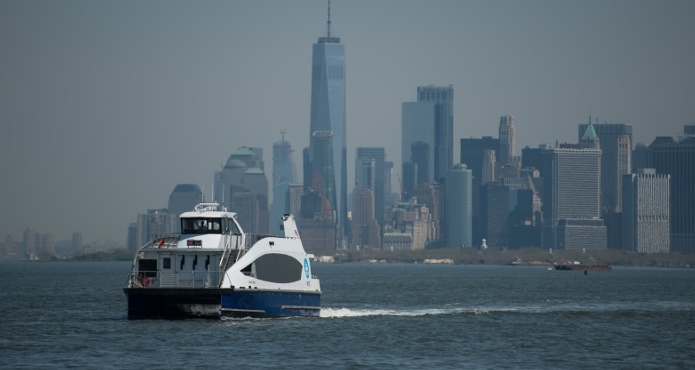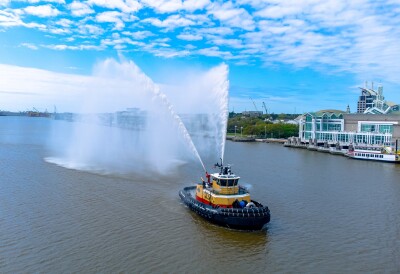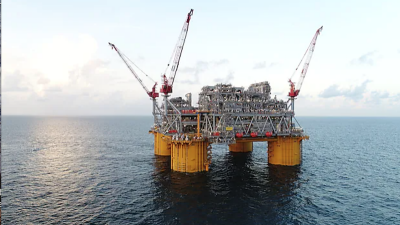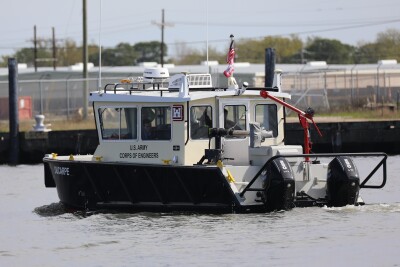Recently, New York City Comptroller Scott Stringer hammered the city’s oversight of the NYC Ferry and blocked the city’s purchase of 19 new vessels. The Citizens Budget Commission documented an alarming per-ride operating subsidy of $10.73.
Ferries support growth on our former industrial waterfront, strengthen our emergency preparedness and create jobs plus recreational and educational experiences. They reduce traffic congestion and enhance the city’s image as a place to live, work and visit so it’s imperative that we fix the problems.
Here are six ways to improve NYC Ferry:
• Change the oversight. The city’s Economic Development Corp., which planned and manages the service, should step aside as the lead agency and turn the job over to experienced professionals. The city’s Department of Transportation operates the Staten Island Ferry, the world's busiest passenger-only ferry service. It should oversee NYC Ferry.
• Revise the fare structure. The former East River ferry cost $4 on weekdays and $6 on weekends, operating on a modest $1.63 per-ride subsidy. NYC Ferry should be priced with trip length a factor, rather than matching the subway fare.
• Charge tourists more. Residents of Venice can buy low-cost monthly passes for the city’s vaporetto service on the main canals. Tourists must buy more expensive day passes, as they should on NYC Ferry and the Staten Island Ferry.
• Modify the schedules. Slowing operating speeds by 5% to 10% would save fuel, ease crew fatigue and reduce breakdowns, maintenance and capital replacement costs.
• Require concessionaires to own the ferries. One model that could be emulated is the National Park Service, which is restricted to 10-year concession agreements and mandates that winning bidders must buy assets from operators they replace.
• Integrate ferries with the Metropolitan Transportation Authority, as private ferry operators have requested for the past two decades.
The city has invested heavily in NYC Ferry. The payoff should be great. To succeed, it must be modeled after systems that have worked and be operated only by experienced maritime professionals.
Editor’s note: Fox is with Tom Fox & Associates, New York, N.Y. He serves on the Worldwide Ferry Safety Association board, was a founding partner of New York Water Taxi, and president of Interferry, an international trade association.





